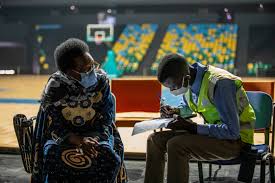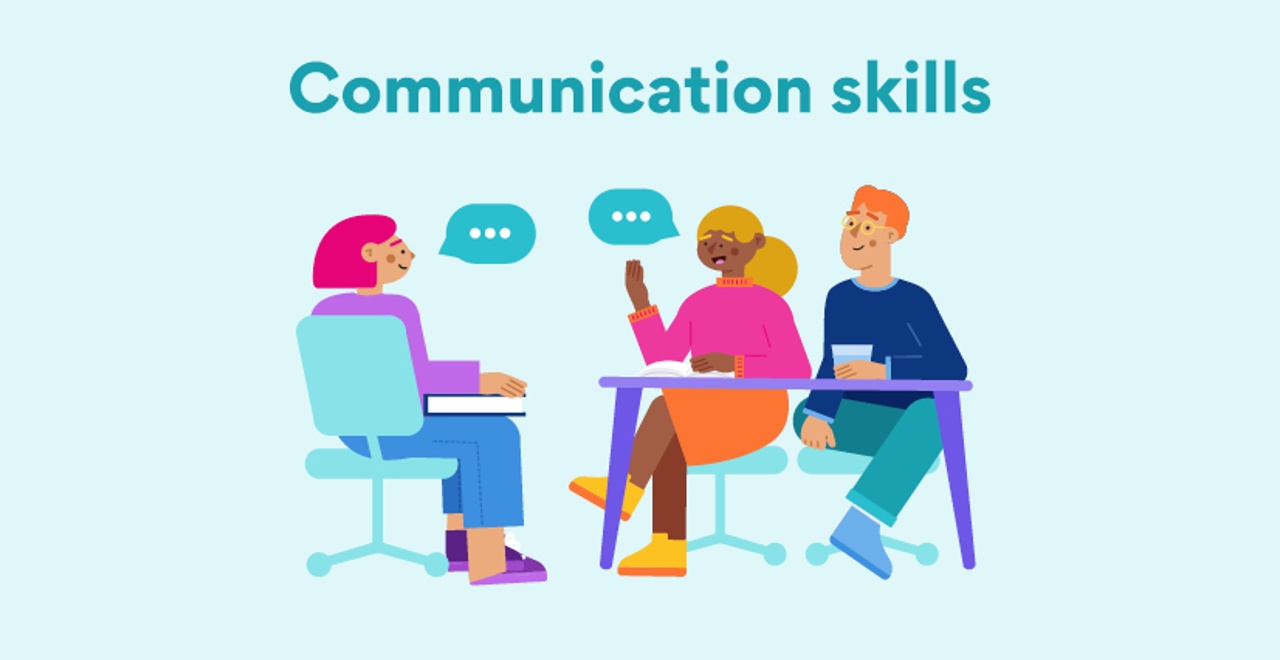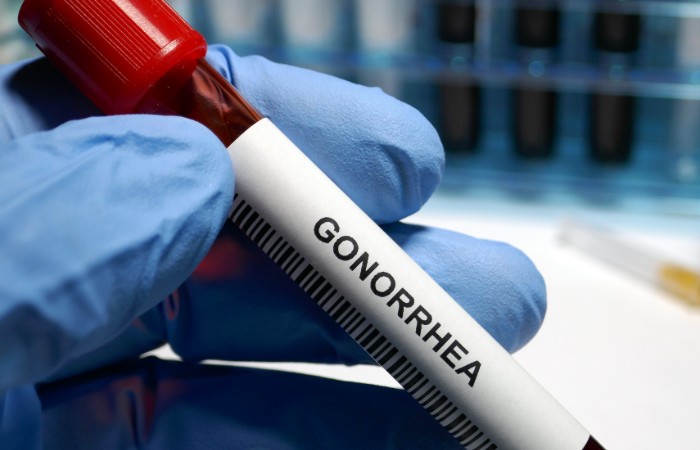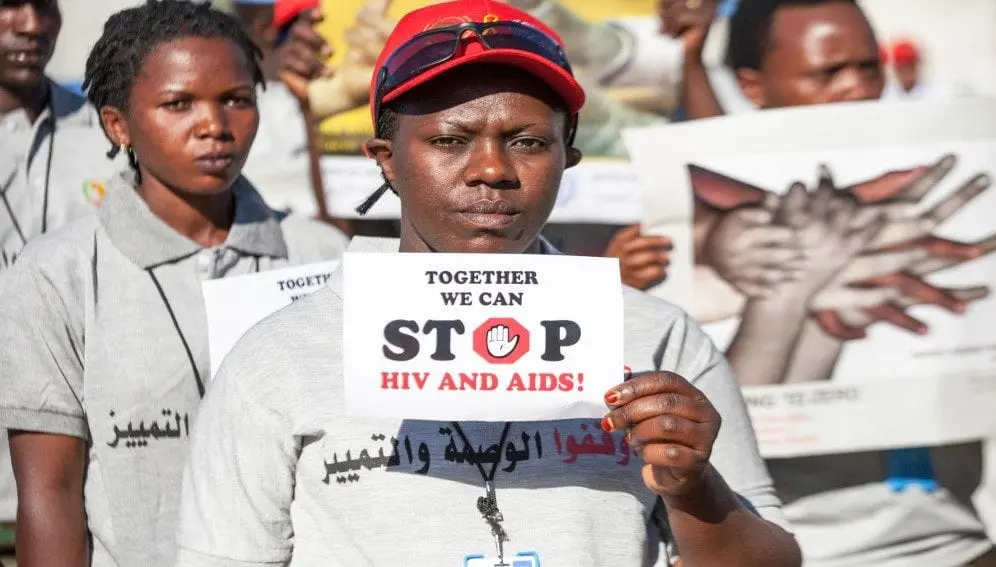The World Health Organization (WHO) has unveiled new guidance aimed at enhancing the design, implementation, and oversight of clinical trials across all income levels. This initiative seeks to bolster country-led research and development (R&D) systems to advance health sciences, making safe and effective health interventions more accessible and affordable worldwide.
For the first time, WHO offers specific recommendations to national health and regulatory authorities, funders, and stakeholders on facilitating clinical trials that generate robust evidence for health interventions. The guidance addresses prevalent issues such as inadequate trial designs, limited participant diversity, and inefficient infrastructure, which hinder progress and result in wasted resources.
The disparity in clinical trial participation between high-income countries (HICs) and low- and middle-income countries (LMICs) underscores significant inequities. In 2022, 27,133 trials were conducted in 86 HICs, compared to 24,791 in 131 LMICs. Often, LMICs are included in trials due to their disease burdens, but the resulting data predominantly benefits HICs.
Dr. Jeremy Farrar, WHO’s Chief Scientist, emphasized the need for strengthening country-led R&D to enhance access to effective interventions and ensure trials reflect diverse populations. Current data indicates that less than 5% of clinical trials included pregnant women, and only 13% included children, which compromises the quality of evidence and impacts health outcomes for these groups.
The guidance also emphasizes the importance of engaging patients, participants, and communities in the planning and execution of clinical trials, ensuring that research aligns with public needs and maintains trust.
Developed in response to World Health Assembly resolution WHA 75.8, this guidance involved input from nearly 3,000 stakeholders across 48 countries and encompasses trials for a wide range of health interventions, including pharmaceuticals, vaccines, and public health measures.
For more details, you can read the full guidance on the WHO website [here](https://www.who.int).

























0 Comments